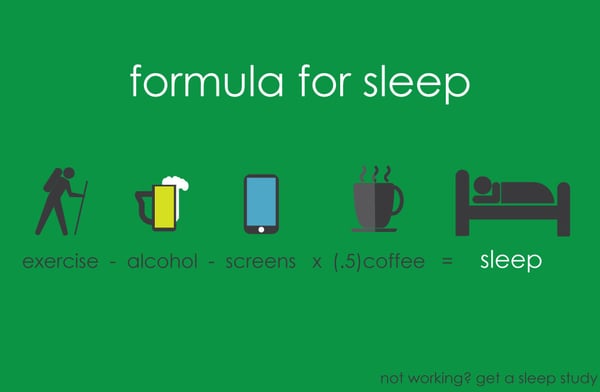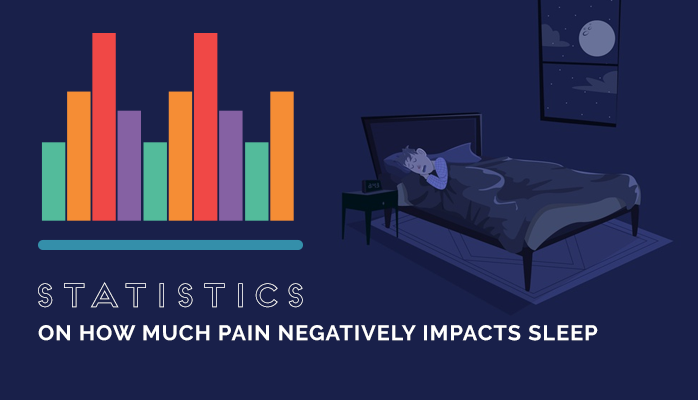The Pain Epidemic
In the United States, we live in a pain epidemic. The 2015 Sleep in AmericaTM Poll found that 21 percent of Americans experience chronic pain. Considering the recent rise of the opioid epidemic, this is probably not surprising. It also found that 36 percent of people have experienced acute pain in the last week.
These statistics are startling because it indicates at any given time more people are in pain than aren’t. Some factors contributing to this pain epidemic are:
- Desk jobs (sitting all day) is not good for our health
- We are spending record amounts of time sitting in front of screens rather than being active
- We have an epidemic of obesity, and weight is a strong contributing factor to chronic pain
- Stress is a considerable factor in people’s lives and also is a strong contributor to pain
- Sports and high activity leads to injuries
- Finally, some of us are unlucky with genetics and inherit weak backs, necks, knees, etc.
The Overlap Between Pain Impacts and Sleep Deprivation Impacts on Life
Pain, whether acute or chronic, can make life miserable. It will affect your ability to:
- Be happy
- Managing stress
- Stay motivated
- Stay physically active
- Sleep
Pain’s effect on sleep is particularly vicious, and it causes sleep deprivation, which in turn worsens the side effects of pain listed above. For example, 37 percent of people with chronic pain reported elevated stress level compared to 7 percent of pain-free people who reported the same.
Statistics on Pain and Sleep vs. People Without Pain
Here are some pointed statistics that show you the direct link between pain and sleep:
- People with chronic pain had an average nightly sleep debt of 42 minutes (i.e. getting 42 minutes less sleep than they should)
- People with acute pain in the last week had an average sleep debt of 14 minutes
- 65 percent of people with no pain reported good or very good sleep quality
- 45 percent of people with acute pain in the last week reported good or very good sleep quality
- 37 percent of people with chronic pain in the last week reported good or very good sleep quality
- 23 percent of people with chronic pain reported being diagnosed with a sleep disorder by a doctor, compared to just 6 percent of pain free people. It’s quite a sobering statistic
Acute and chronic pain impact both sleep time and sleep quality. This is particularly true in the case of chronic pain, which significantly impacts sleep and puts people at a higher risk for developing moderate to severe sleep deprivation.
What to Do If You Have Chronic Pain
 If you deal with chronic pain, there are things you can do to hedge your chances of getting good sleep
If you deal with chronic pain, there are things you can do to hedge your chances of getting good sleep
Even if you are in chronic pain and are unable to live without it, there are things you can do to help yourself sleep despite the pain:
- Limit caffeine consumption as much as possible
- Don’t drink caffeine after noon
- Cut alcohol in the hours leading up to bed
- Be extremely careful using pain killer or sleeping pills, as they significantly aggravate certain sleeping disorders
- Practice relaxation activities before bed, such as yoga, meditation, or breathing exercises
- Find exercises that you can do that don’t aggravate your pain, such as swimming, cycling, running, and Pilates
- Eat a healthy diet
Doing all of these can make a huge difference in your sleep time and quality, especially if you have chronic pain.
If you live in Alaska, have pain, and can’t seem to sleep no matter what you do, please reach out to us by taking this free sleep survey.


